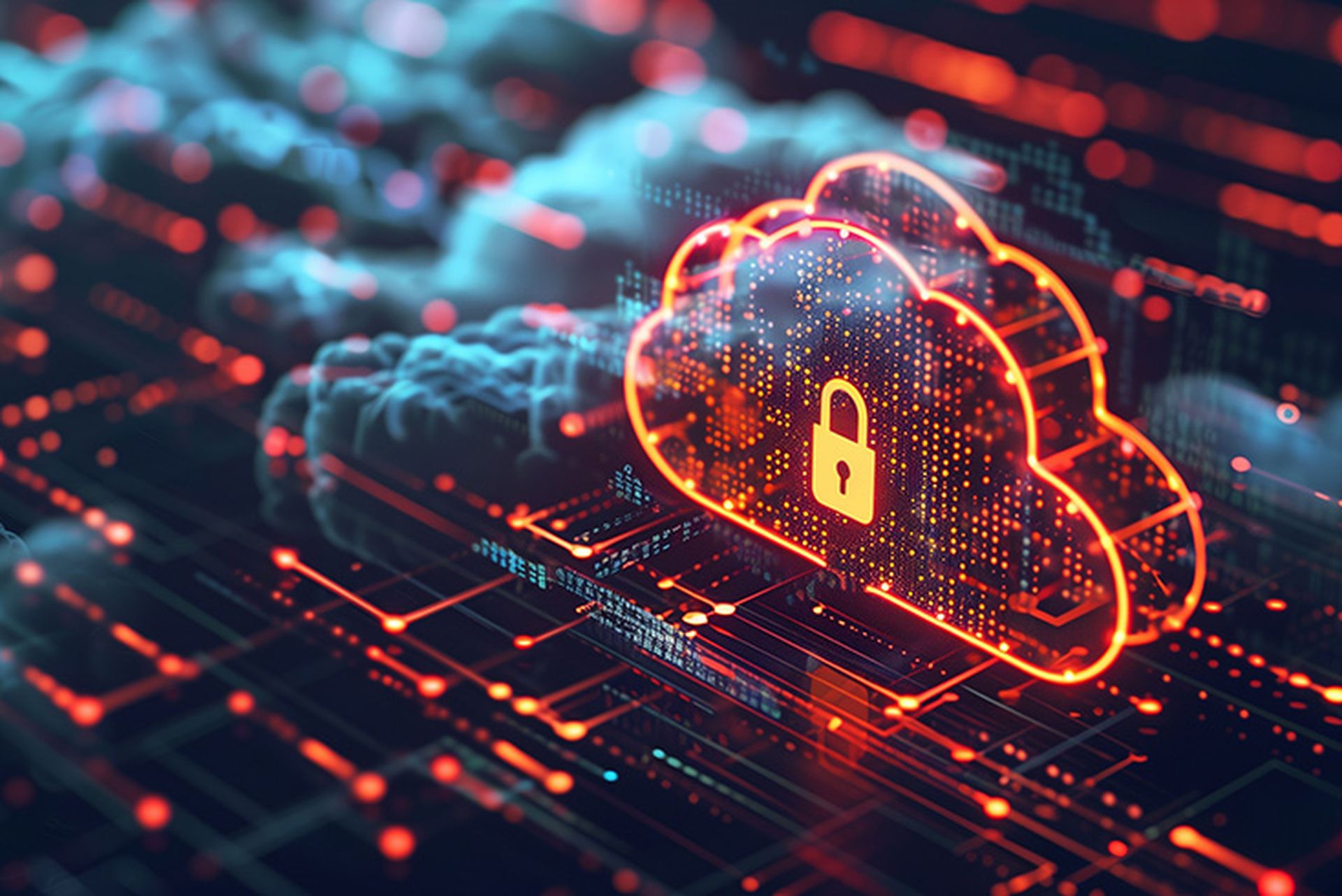COMMENTARY: In today’s digital era, data has become as valuable as currency. It’s central to decision-making, and maintaining its integrity and accuracy remains critical for government agencies handling digital evidence, financial institutions tracking and securing transactions, and corporations protecting intellectual property.
Reliability and authenticity of data are essential for achieving accurate and effective outcomes. Inaccurate or unreliable data can lead to poor decision-making, missed opportunities, and potential legal ramifications, significantly impacting operational success.
[SC Media Perspectives columns are written by a trusted community of SC Media cybersecurity subject matter experts. Read more Perspectives here.]
Data integrity refers to the accuracy, consistency, and trustworthiness of data over its lifecycle. Enterprise require data integrity to ensure that information has not been altered, tampered with, or corrupted, either accidentally or maliciously.
Why data integrity matter in digital evidence
For government entities involved in criminal investigations, preserving the integrity of digital evidence can often make or break a prosecution. Legal teams must collect, store, and analyze evidence in a way that ensures its unquestioned authenticity.
Consider a case where email gets used as evidence. If there’s any doubt about the authenticity of that data, if the timestamps don’t match or there’s suspicion of alteration, it can compromise the credibility of the entire case. Legal teams also must comply with strict digital evidence standards such as Risk and Authorization Management Programs (RAMPs) that are crucial for maintaining the highest standards of risk management and data handling.
Why data integrity matters in the business sector
In the financial and corporate sectors, data integrity goes beyond compliance with regulations. It’s essential for maintaining customer trust, ensuring operational efficiency, and avoiding costly errors, or fraud.
Financial institutions must monitor transactions and ensure data streams from various sources are accurate, time-stamped, and unaltered. Compliance with standards such as the National Institute of Standards and Technology (NIST) SP 800-171, which governs the handling of controlled unclassified information (CUI) in federal systems, helps preserve data integrity.
It's imperative that providers of digital evidence and digital intelligence platforms can ensure that data is accurate, complete, and consistent. Obtaining important certifications demonstrates a dedication to maintaining the highest standards in data security and integrity. Important certifications include:
How to ensure data integrity
Software products designed with robust data integrity features let government agencies, financial institutions, and corporations maintain full control over the integrity of their digital evidence and intelligence data. Important features include:
As data volumes increase and cyber threats evolve, it’s more important than ever for organizations to adopt tools that prioritize data integrity. By ensuring compliance with industry-leading certifications these tools help organizations meet today’s toughest standards and prepare for future challenges.
Maintaining data integrity ensures the accuracy and reliability of information used for critical decision-making, compliance with regulations, and upholding public trust. Moreover, data integrity ensures that digital evidence and intelligence data remain accurate, consistent, and trustworthy for operational success and legal compliance. Now that data has become as valuable as currency, maintaining its integrity is non-negotiable. By adhering to comprehensive standards and certifications, organizations can safeguard their data integrity at every step of their investigative processes.
Udi Levy, chief product, marketing and strategy officer, Penlink
SC Media Perspectives columns are written by a trusted community of SC Media cybersecurity subject matter experts. Each contribution has a goal of bringing a unique voice to important cybersecurity topics. Content strives to be of the highest quality, objective and non-commercial.




